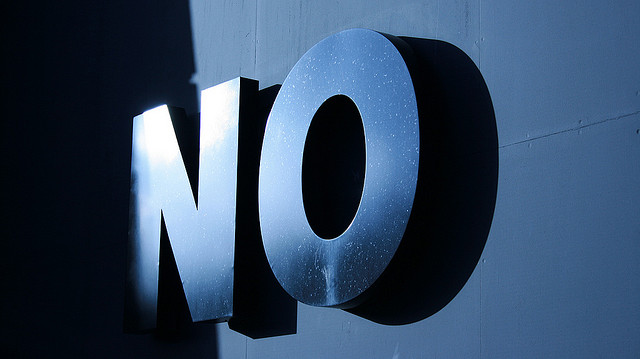 Print This Post
Print This Post- The Strategist - https://www.aspistrategist.org.au -
Australia into ASEAN: the ASEAN ‘NO’
Posted By Graeme Dobell on December 14, 2015 @ 06:00

‘ASEAN will say, “You’re not Southeast Asian.” And that’s all the criterion is, to be a member of ASEAN. You must belong to a region called Southeast Asia, which was invented by Lord Mountbatten by the way – South East Asian Command – but that’s neither here nor there. The fact is that the region exists now, conceptually, which is the most important thing.’
‘Canberra’s initial refusal to sign the treaty—indeed, its denigration of it—had affected Southeast Asians’ perceptions of its intentions and motives. Australia continued to signal its reluctance even after it had apparently decided to accede to the TAC; [Foreign Minister] Downer was quoted as saying, ‘If the price (of participation in the East Asian summit) is signing the Treaty of Amity and Cooperation, we’ll do that’... Under either political party, Australia has long considered close association with ASEAN and with the larger East Asian region to be in its highest interests. Accession to the TAC, as well as participation in the East Asian Summit, will be a highly visible manifestation of this association. All’s well that ends well, of course, but a bit more enthusiasm and a bit less reluctance on Canberra’s part would have been even better.’
‘That would be something to think about. We can’t predict the long term. But in the short term the instinctive reaction would be to reject it. For many reasons. One is – to me the more resonant one – is the tendency of Australians to tell Southeast Asians what is good for them. Maybe it needs saying, but not as a member, a permanent observer.’
‘Australia is regarded as a deputy sheriff of the US. The question to answer is: “Are you Asian enough?” For Severino, a ten year push for Australia to have observer status in ASEAN is too short a time to get a positive answer to that query about Asian identity: ‘I like to talk about facts, realities. So I think observer status is out of the question at this point.’
Article printed from The Strategist: https://www.aspistrategist.org.au
URL to article: https://www.aspistrategist.org.au/australia-into-asean-the-asean-no/
[1] Image: http://www.aspistrategist.org.au/wp-content/uploads/2015/12/2247299538_8a26dcf655_z.jpg
[2] ‘Yes’: http://www.aspistrategist.org.au/australia-into-asean-the-asean-yes/
[3] Rodolfo Severino: https://en.wikipedia.org/wiki/Rodolfo_Severino,_Jr.
[4] South East Asian Command: https://en.wikipedia.org/wiki/South_East_Asia_Command
[5] ambivalent and fluctuating: https://books.google.com.au/books?id=D2m74ag0ixgC&redir_esc=y
[6] caustic: https://cpd.org.au/2005/08/australia-and-the-southeast-asian-treaty/